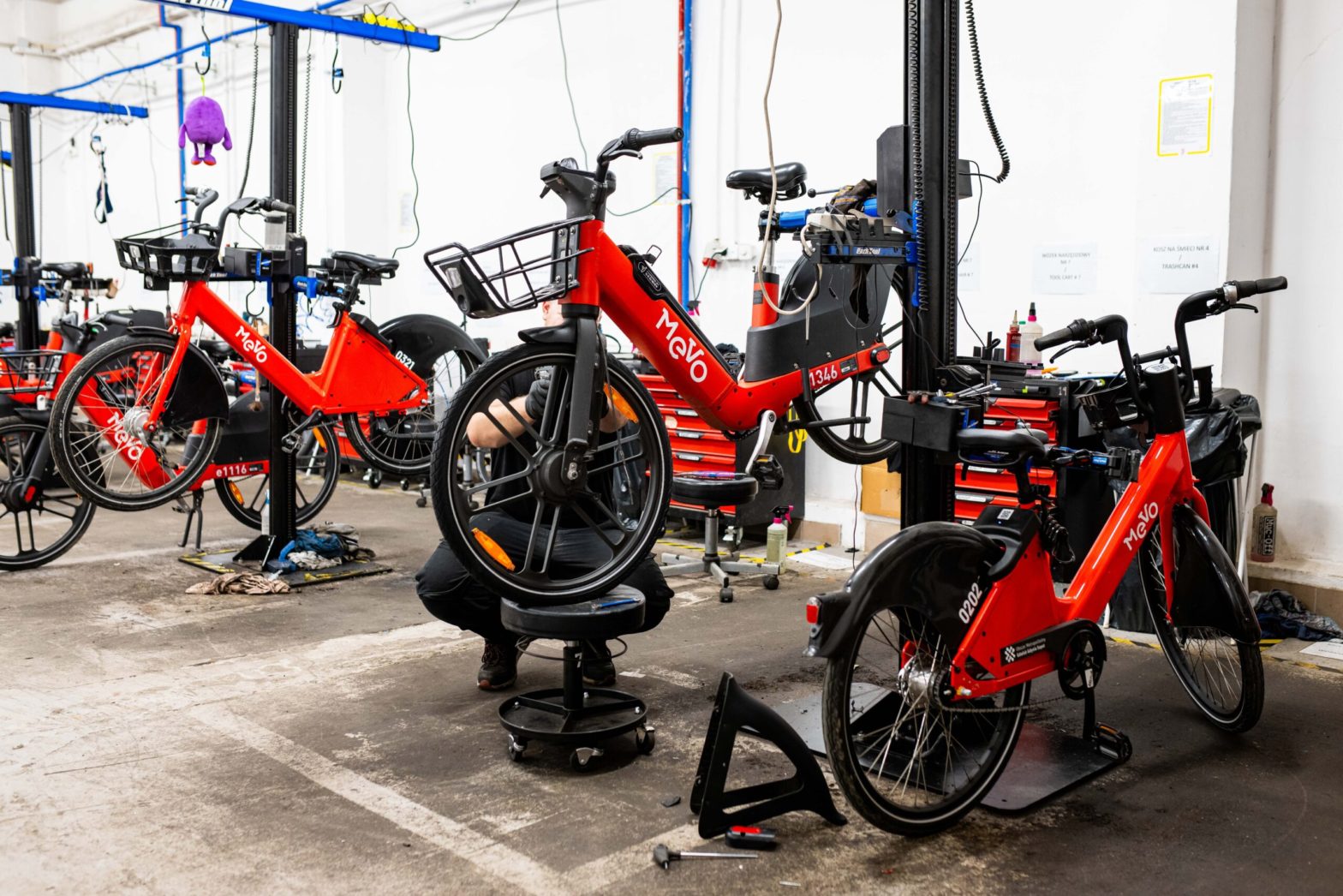
Bike-sharing drives €305m boost to cities
14 October 2025
by William Thorpe
Bike-sharing is boosting Europe’s local economies through job creation and reduced congestion, generating €305 million in annual benefits, according to new analysis.
The findings come from a study conducted by EY for EIT Urban Mobility and Cycling Industries Europe (CIE), which for the first time quantifies the economic and social return on investment of bike-sharing schemes. The report highlights how shared bikes are supporting healthier citizens, cleaner air, and more efficient transport systems across the continent.
“For the first time, we can put a financial value on the benefits of bike sharing, and the results are transformational,” commented Nick Brown, CEO of Velogik UK and Project Lead for the study. “This isn’t just about cycling; it’s about proving that investing in active mobility generates measurable economic returns for cities and citizens alike.”
Bike-sharing is now available in more than 150 cities across the EU, UK, Switzerland and Norway. From large-scale systems such as Paris, with 42,200 bikes, to Brussels with over 11,000 and smaller towns operating just a few dozen, Europe’s combined fleet of 438,000 shared bicycles enables millions of trips each year. London leads for dockless ridership, recording 28 million trips in 2024.
The study shows that shared bikes save 46,000 tonnes of CO₂ and 200 tonnes of air pollutants annually. By shifting people from cars to active mobility, they help prevent 1,000 chronic diseases, saving €40 million in healthcare costs, while easing congestion saves 760,000 hours of productivity, worth around €30 million. The sector also supports 6,000 full-time equivalent jobs across Europe.
For cities, the report says that bike-sharing is a good investment: every euro spent today yields a 10 percent annual return, generating €1.10 in positive externalities. By 2030, if expansion continues, the annual benefits could rise to €1 billion, with 224,000 tonnes of CO₂ avoided, over 4,200 chronic diseases prevented, and nearly 13,000 jobs supported.
“Bike sharing is no longer only a cost, but an investment that delivers clear returns. From reduced emissions and cleaner air to greater productivity and healthier citizens,” said Lauha Fried, Policy Director at Cycling Industries Europe.
The report urges cities to back further growth through consistent policy support, funding, data-driven planning, and closer integration with public transport and cycling infrastructure.
Image: EIT Urban Mobility












